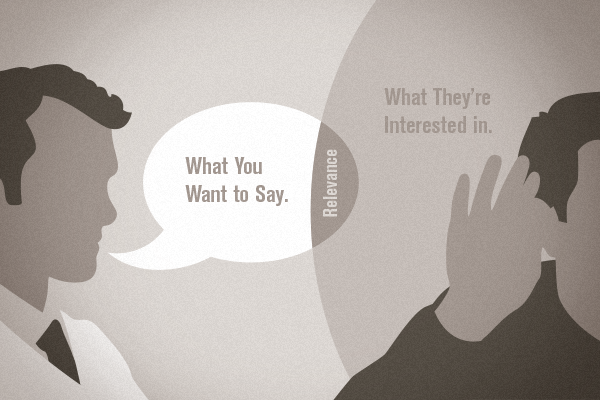People are forever telling Stephen Wilkins that he’s wasting his time talking to providers about the need to improve their patient communication skills. Here’s what the naysayers typically cite:
- Physicians usually think they’re good communicators already
- There’s no time to talk to patients
- Physicians aren’t paid to talk
Lucky for you, Wilkins easily debunks all three of these myths in his new blog post on Mind The Gap. It’s a great read, mostly because he builds a strong case for why patient-doctor communication is NOT a zero-sum game. He cites a recent publication suggesting that providers can in fact be productive while at the same time creating a satisfying patient experience.
READ THE COMPLETE POST ON MIND THE GAP
Also included is a comparison of doctor scores from this study. Certain attributes are emphasized in the group that more successfully communicates, including a focus on teaching and explanations. That reminds us, why do we value the practice of direct care? At the core, it’s time. Teaching takes time, no matter how many self-help books we read or productivity apps we download.
Think of the fee-for-service physician who demanded 30 minutes with every patient (to the chagrin of her employer) and ourselves, who get to spend 45 minutes with every patient who comes in for a check-up. Learning how to communicate with patients is gaining the ability to teach your patients. And teaching them is key to them leaving your office with the ability to better take care of themselves. In essence, this is you being productive and more fully satisfying your patients.
